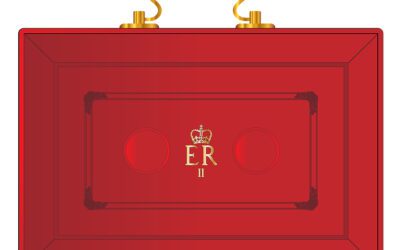How to Create a Successful Financial Plan
1. Write Down Your Financial Goals
When considering a financial plan, you should ask yourself: ‘What do I want to achieve financially in my life?’. It may help to type these out or write them down. Remember that no goal is too small or too big, so if in doubt add it to your list. It is important to make sure that your goals are specific to you. For instance, “I want to purchase a house in the next five years” or “I wish to retire at age 65 with an income of £20,000 per annum”
2. Understand Your Current Financial Situation
It is important to establish the status of your current finances, for example, it might be helpful to draw up a spreadsheet of your income, expenses, debt, savings and investments. This is a vital step in financial planning, as it gives you an overview of your finances and you can clearly see what areas need attention and which are doing well. It will be helpful if you engage the services of a Financial Adviser and have this list to hand as it will assist them greatly.
3. Look at the Different Investment Options
There are numerous investment options available to investors. Different types of investment vehicles help investors achieve different goals. For example pensions are the ideal way of saving for retirement, ISAs for building up a tax efficient lump sum and General Accounts are a good way of utilising your tax allowances. These are just examples and there are many other different types of investments available to match a wide range of goals.
4. Putting into Action the Right Plan
Factors such as your goals, age, attitude to investment risk and investment amount are all vital issues to consider when putting your financial plan into place. This is where a financial adviser can assist you with investment planning, retirement planning, estate planning, taxation and life and health insurance.
5. Review Your Financial Plan Regularly
The financial planning process does not end once you invest your money. Your funds need to be reviewed on a regular basis to ensure that they are performing as expected and also that they match your ongoing objectives. Financial objectives and priorities change throughout your life and it is vital that your investments reflect these life events, for example getting married, having children and retirement. A financial adviser can assist in all of these areas.
Tomorrow: Independent Pension Advice and Retirement Planning




